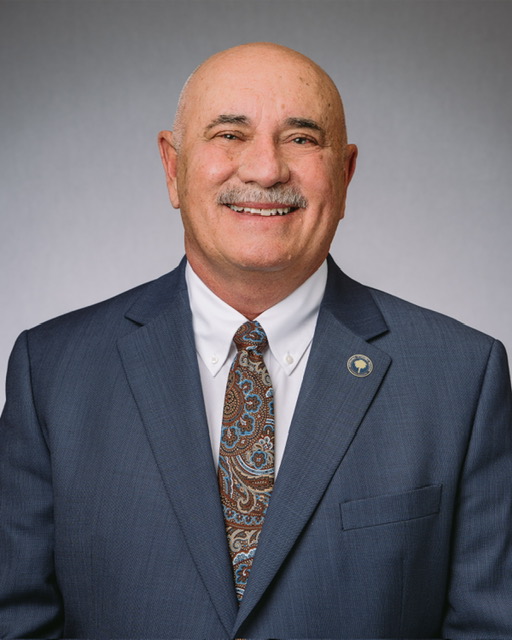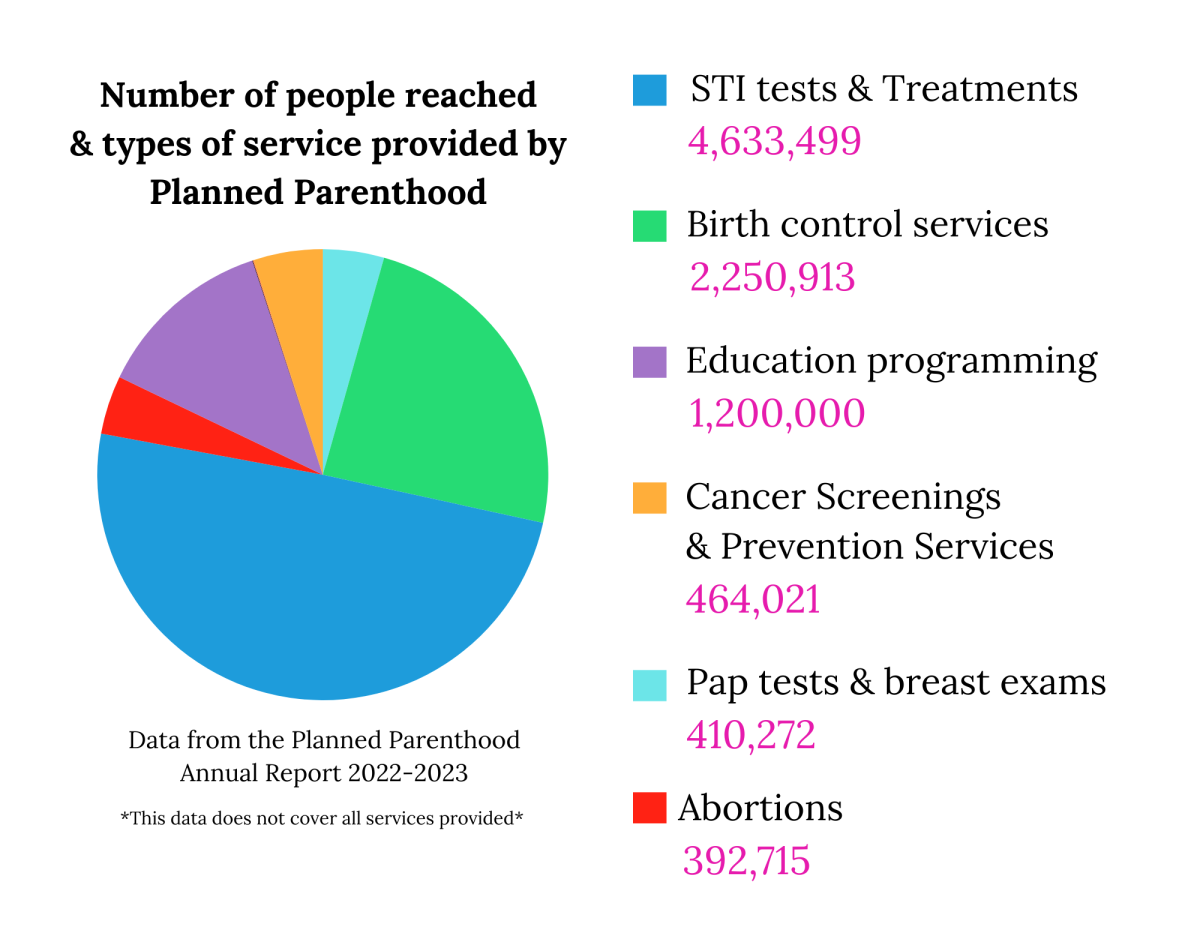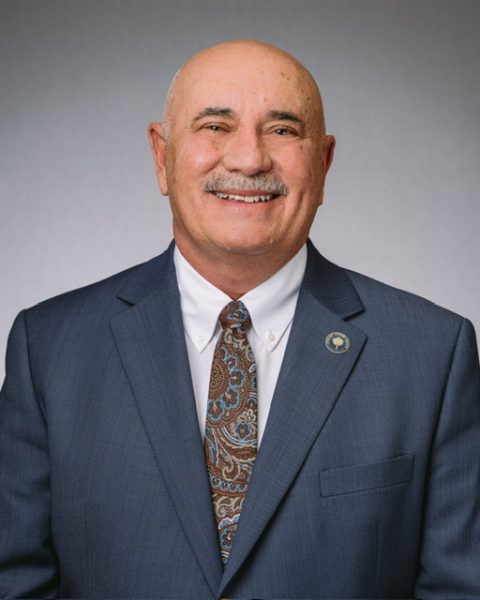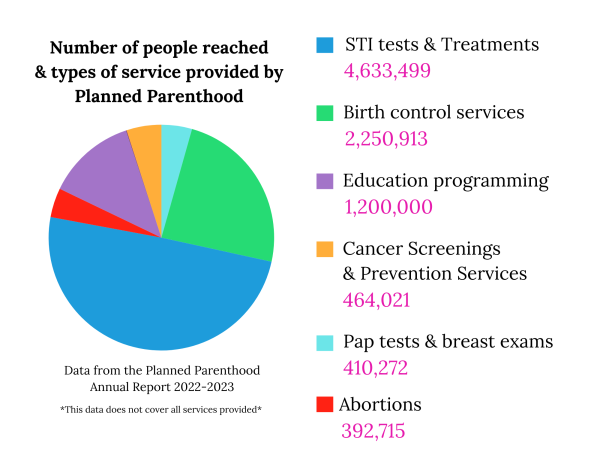S.C. announcement of new Tenure Bill
South Carolina legislators have recently proposed the “Cancelling Professor Tenure Act” which would remove the tenure system at public universities in the state and replace it with one where professors are on job contracts lasting five years or even less.
Tenure in academia is a job status offering stability in a profession but protects professors from being dismissed from their jobs, allowing them to freely communicate ideas, and in some cases, political and controversial ones.
As a condition of employment for the tenure bill, public institutions of higher learning in the state according to the bill, “may require faculty to teach additional courses in the spring, fall, or any other designated academic term.”
Beginning July 31, 2025, and every year thereafter, South Carolina colleges will be required to report the number of full-time faculty, tenured faculty, part-time faculty, and graduate assistants they employ to the Commission of Higher Education. In turn, the commission is required to submit an annual report to the Governor, the Speaker of the House, and the President of the Senate by Sept. 1 of each year.
The move against tenure in South Carolina comes at a time when higher education is under increasing GOP scrutiny and criticism.
Bill sponsor Bill Taylor, R-Aiken said, “The question is always, why professors in higher education are the single exception. In my view, each of us needs to demonstrate our work.”
With attacks on tenure, state legislators are also interfering in debates about teaching politically incorrect or controversial topics. For example, South Carolina legislators asked universities to stop teaching Critical Race Theory. Bills banning the topic from being taught at public universities have not only been proposed in South Carolina but nine other states.
These states include Idaho, Iowa, Oklahoma, and New Hampshire, and within this, bills have been passed affecting campus discourse on race-related political issues. Many of these efforts infringe upon professors’ freedom of teaching, which is exactly what tenure is designed to protect.





























